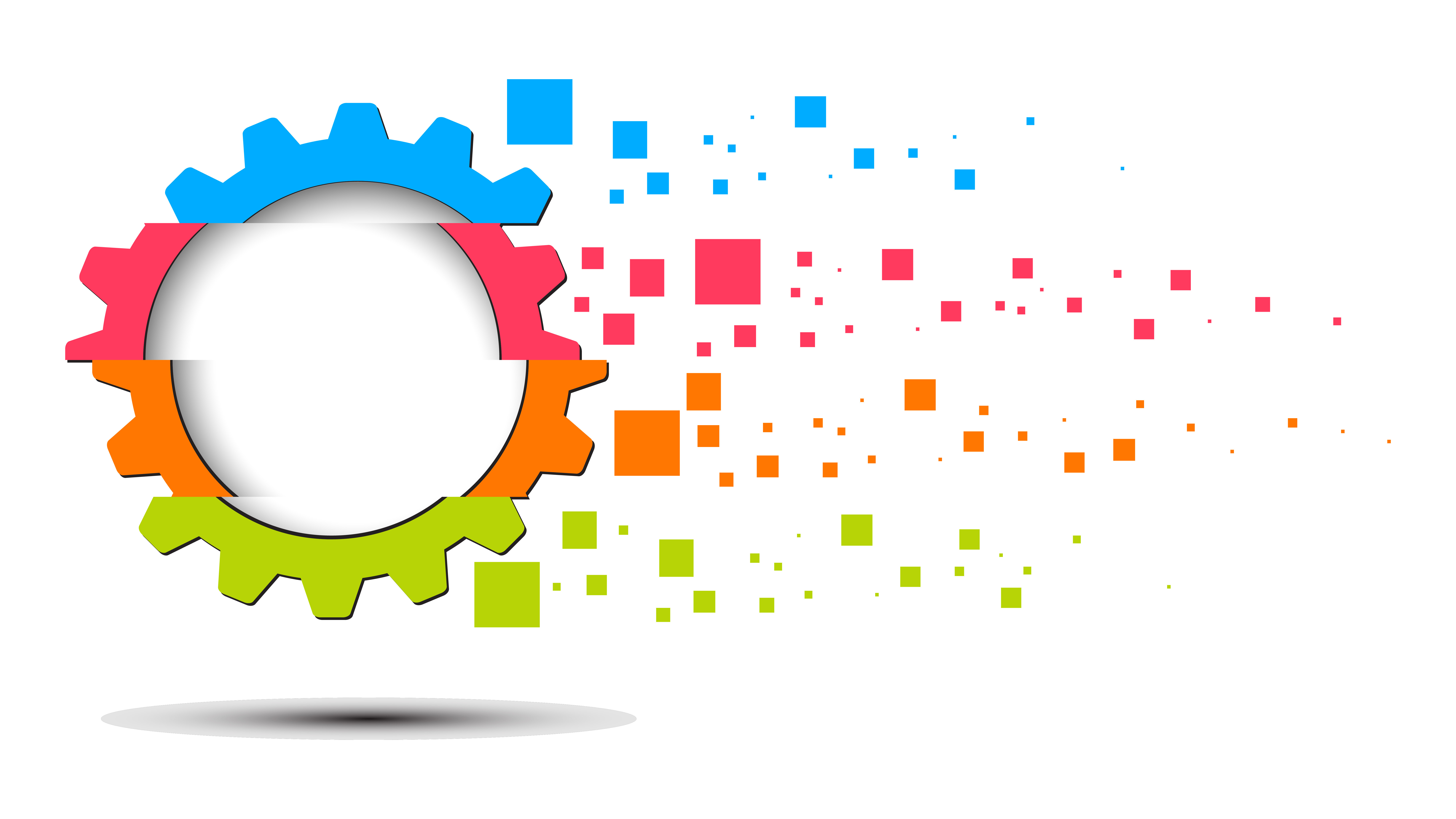The Immutable Forces that Impact Inclusion
Inclusion makes it possible for people to be active and engaged participants in a project, initiative, or organization. When people feel included, they often develop feelings of belonging over time, as their roles drive value and they see evidence that their voices are being heard.
But because specialization enables businesses to function effectively, and because privacy and security requirements make it impossible (and undesirable!) to share all access and all information with everyone, inclusion isn’t a one-size-fits-all corporate value. In The Illusion of Inclusion researcher Helen Turnbull explains that there are three immutable (unchanging) forces that impact everyone’s experience of inclusion. Immutable forces will always be in play, no matter how much we might wish otherwise. They are:
- Dominance. In a work environment, there will always be leaders and followers. This is due to role definitions, accountabilities, and differences in levels of expertise. Calling out who has dominance, what kind of dominance it is, and how that dominance might manifest - in advance of the team experiencing those dynamics - can help teams be more inclusive given that dominance won’t (and shouldn’t) completely go away.
- Unconscious bias. It’s impossible to successfully advise people to “be aware of your unconscious biases” or “watch out for your unconscious biases” because, by definition, they are unconscious. Turnbull recommends asking one question to root out unconscious bias, which is: who do you think has credibility, and why or why not? People you don’t find credible (and don’t have a logical reason for it) might be the subject of your unconscious bias.
- Within-group differences. It’s easy to attribute characteristics of or experiences with one person in a demographic group to another person in that group, even though the individuals may completely differ from one another. Just reminding people that not all women are the same, or not all older workers are the same, can help underscore the importance of getting to know people as individuals.
Teams need to intentionally call out each of these factors, exploring how they might encounter them, and how they might work through issues that emerge because of them. As teams are forming and norming, they should have frank conversations about what dominance means, and who will have dominance under what conditions. They should explore who on the team they think is credible about what aspects of the work, and why, to draw out where unconscious biases may be lurking. And finally, teams should remind themselves of the tendency to attribute characteristics to a person because they are members of a demographic group.
Although achieving an inclusive environment can be effort intensive, the benefits are clear: increased individual well-being, enhanced team performance, and improved organizational effectiveness. Teams can start this process by creating space to talk about the immutable forces that can’t be removed or controlled, but can be acknowledged and mitigated.
Ultranauts is on a mission to demonstrate that neurodiversity is a competitive advantage for business. In the Inclusive EnterpriseTM program, Ultranauts provides high-impact guidance to help companies achieve inclusion at scale - by customizing, monitoring, and continually improving Inclusive Practices to enhance performance. By cultivating a Universal Workplace, everyone can thrive. The company also provides software quality assurance services, data ecosystem integration and data quality services, and accessibility testing, training, and developer support. Join the Inclusive Enterprise meeting waitlist to see if your team or organization is ready to claim one of the limited 2023 spots.
Additional Reading:
Turnbull, H. (2016). The illusion of inclusion: Global inclusion, unconscious bias, and the bottom line. Business Expert Press.

